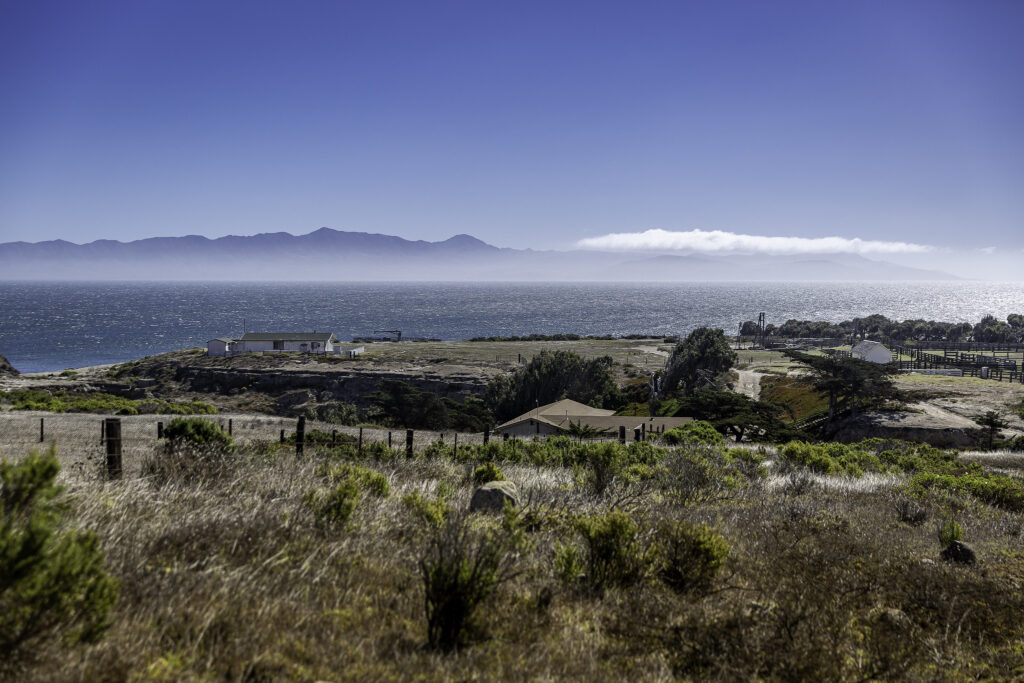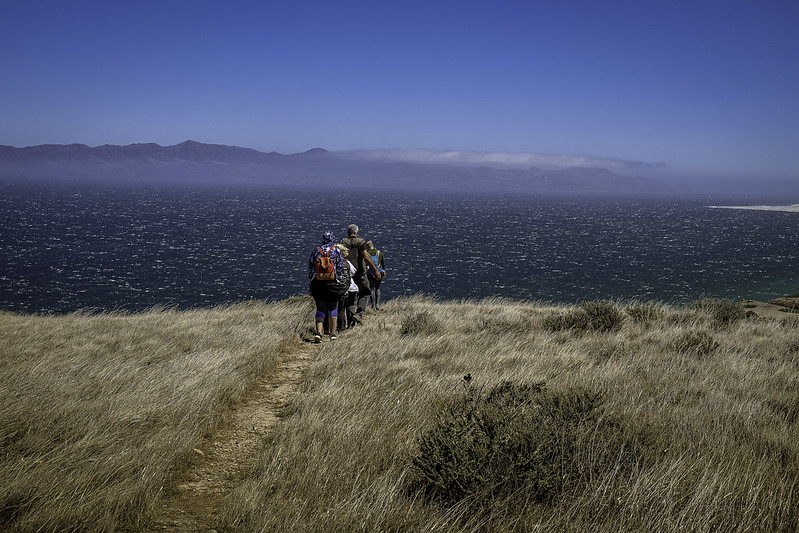CAMARILLO — Curiosity and imagination transcended the COVID-19 pandemic throughout CSU Channel Islands’ (CSUCI) 2020 Summer Student Undergraduate Research Fellows (SURF) program, which ran from June 8 to July 31.
Instead of the customary in-person reception showcase at the end of the program, the 30 students posted their 10 research projects online at:https://sites.google.com/myci.csuci.edu/2020-surf-program/home.
Each student was mentored by at least one faculty member and was given a $3,000 stipend for their participation in the summer program, which was directed by SURF Faculty Coordinator Luis Sánchez, Ph.D., Associate Professor of Sociology.
“The Summer SURF program is extremely important given that we’re a Hispanic-Serving Institution (HSI) and we have many students who are the first in their family to attend college,” Sanchez said. “We have intelligent and motivated students who often don’t realize their potential. This presents opportunities beyond the classroom to help the students learn to dream big. Maybe go on to graduate school and potentially get a Ph.D.”
Notable among the 30 researchers was Psychology major/History minor Edward Rodriguez, who earned the 2020 Lisagor Fellowship Award as the summer’s outstanding undergraduate researcher. The Santa Barbara native, who is the first in his family to attend college, is a veteran of the U.S. Marine Corps, where he served in both Afghanistan and Iraq.
“While serving overseas, I became fascinated with the human mind and the many aspects of our experiences which motivate and ail us. I made a promise to myself while on patrol in Afghanistan that if I ever found myself in a classroom again, I would treasure every moment and dedicate myself to attaining as much knowledge as possible.”
 Overseen by Professor of History Marie Francois, Ph.D., Rodriguez wanted to indulge his love of human history by researching the everyday lives of laundresses and the role of water in Mexico City in the 18th and 19th centuries. Rodriguez said the fact that his two fellow researchers were from different majors was a plus as the three put together “Lavando en la Ciudad de México.”
Overseen by Professor of History Marie Francois, Ph.D., Rodriguez wanted to indulge his love of human history by researching the everyday lives of laundresses and the role of water in Mexico City in the 18th and 19th centuries. Rodriguez said the fact that his two fellow researchers were from different majors was a plus as the three put together “Lavando en la Ciudad de México.”
Rodriguez hopes to use his degree to help his fellow soldiers who struggled after returning home from military service. He hopes to someday work as a psychologist for the Department of Veterans Affairs.
“Weird things started happening to people I had served with,” said the Santa Barbara native. “Suicide and drugs. There were a lot of veterans whom I considered to be exemplary Marines not doing well and taking their own lives. I wanted to know why. I wanted to help.”
Three student researchers took on a microbiology project in order to learn more about the COVID-19 virus, the first step in learning how to fight it. With Associate Professor of Chemistry Ahmed Awad, Ph.D. as the faculty mentor, Biochemistry major Diana Del Rio, and Biology major/Chemistry minor Derek Flores and Biology major/Chemistry minor Kamryn Hansen produced a project called “Coronavirus: Structures and Functions of Spike Proteins.”
“They did a thorough review of over 100 peer-reviewed articles,” Sanchez said. “That the students read 100 articles in less than eight weeks really demonstrates their dedication to what they were doing in terms of understanding the nuances of the virus in general and in vaccine development so when they do get back in the lab, they will have a deeper understanding of the this type of virus.”
Another project “I See CI: Exploring Santa Rosa Island With Virtual Reality” enables anyone to virtually explore the rugged beauty of Santa Rosa Island thanks to the work of three Environmental Science and Resource Management (ESRM) majors mentored by Assistant Professors of ESRM Emily Fairfax, Ph.D. and Kiki Patsch, Ph.D.
“The students came into this project back in February hoping to make it so that people who couldn’t easily access Santa Rosa Island were still able to ‘experience’ it through virtual reality,” Fairfax said.
“Little did any of us know that a global pandemic was brewing! It a somewhat meta turn of events, the students were now part of the population they had hoped to target: those who couldn’t easily access Santa Rosa Island. What a plot twist!”
Researchers Alyssa Connaughton, April Hoberg and Emily Osborn were unable to visit the island for their project, so they relied on existing 360-degree imagery and photos they took on previous trips to create the tours.
“My tour describes the complete history of the island and explores the buildings in the historic ranch area,” Osborn said. “April’s tour focuses on botany for the Torrey Pines trail and Alyssa’s tour follows the Lobo Canyon trail and teaches viewers about the geology of the island.”
To view all of the Summer SURF research programs (including the Santa Rosa Island tour), visit: https://sites.google.com/myci.csuci.edu/2020-surf-program/home.
About California State University Channel Islands — CSU Channel Islands (CSUCI) is reimagining higher education for a new generation and era. We are an innovative higher education institution that enables students to succeed and thrive – serving as an engine for social and economic vitality that provides the intellectual resources necessary for a thriving democracy. With more than 7,000 students, 1,200 employees and 14,000 alumni, CSUCI is poised to grow in size and distinction, while maintaining one of the most student-focused learning environments in public higher education. Connect with and learn more by visiting www.csuci.edu or CSUCI’s Social Media.

